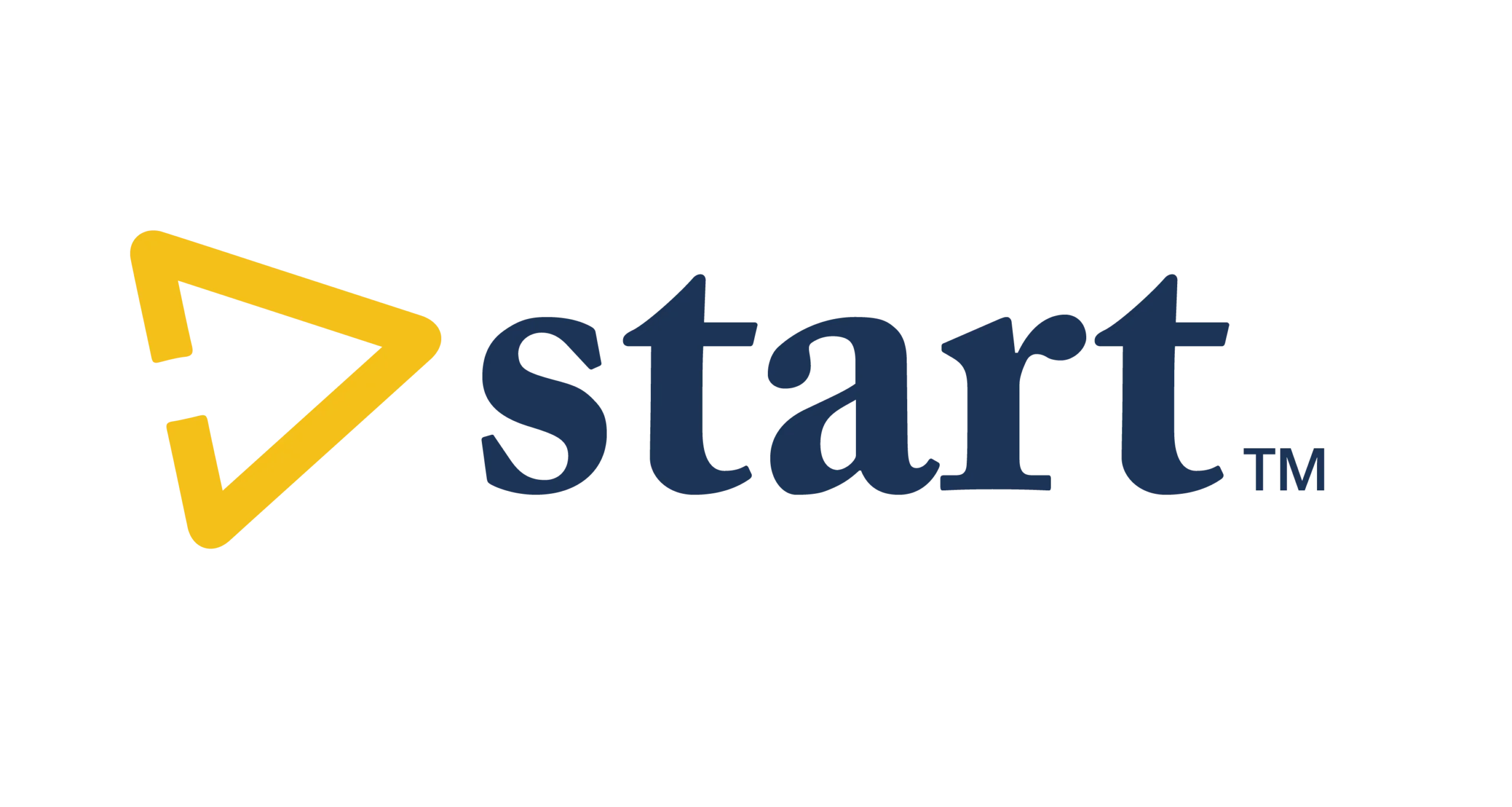
The rise of the gig economy and the increasing number of self-employed individuals have transformed the way people work. While self-employment offers flexibility and autonomy, it also comes with the responsibility of securing your own health insurance. In this article, we will explore the world of self-employed health insurance, including the challenges self-employed individuals face and the various coverage options available to them.
The Self-Employed Health Insurance Challenge
One of the most significant challenges self-employed individuals encounter is the absence of employer-sponsored health insurance. In traditional employment settings, employers often contribute a significant portion of the premium costs for health insurance, making it more affordable for employees. However, when you’re self-employed, the burden of obtaining and funding your health coverage falls entirely on your shoulders.
Key Challenges:
- Cost: Health insurance can be expensive, especially when there is no employer subsidy. Self-employed individuals must budget for these costs, which can sometimes be a significant portion of their income.
- Complexity: The health insurance marketplace can be complex, with numerous plans and options to consider. Navigating this landscape can be daunting, particularly for those who are new to self-employment.
- Continuity: Self-employed individuals often experience fluctuations in income, which can make it challenging to maintain continuous health coverage. Gaps in coverage can lead to unexpected financial burdens in case of illness or injury.
Self-Employed Health Insurance Options
Fortunately, there are several options available for self-employed individuals to secure health insurance coverage. These options vary in terms of cost, coverage, and flexibility, allowing you to choose the one that best aligns with your needs and financial situation.
1. Health Insurance Marketplace (Healthcare.gov
The Health Insurance Marketplace, also known as Healthcare.gov, is a federal platform where you can explore and purchase health insurance plans. Open enrollment periods provide opportunities to enroll in or change your coverage. Depending on your income, you may qualify for subsidies that can significantly reduce your premium costs.
2. Private Health Insurance Plans
Private insurance providers offer a range of health insurance plans designed for individuals and families. While these plans tend to be more expensive than employer-sponsored options, they provide flexibility in terms of coverage and network choices.
3. Health Savings Accounts (HSAs)
HSAs are tax-advantaged savings accounts that can be paired with high-deductible health plans (HDHPs). As a self-employed individual, contributing to an HSA allows you to save money tax-free for qualified medical expenses. HSAs can help you manage healthcare costs while saving for the future.
4. Professional or Industry Associations
Some self-employed individuals may be eligible to join professional or industry associations that offer group health insurance plans. These group plans can sometimes provide better rates than individual policies due to the collective bargaining power of the association.
5. Medicaid and Medicare
Depending on your income and age, you may be eligible for Medicaid or Medicare. These government-funded healthcare programs can provide essential coverage for self-employed individuals who meet the eligibility criteria.
Tips for Choosing Self-Employed Health Insurance
- Assess Your Needs: Consider your healthcare needs, including any pre-existing conditions, prescription medications, or anticipated medical expenses. Choose a plan that offers adequate coverage for your specific situation.
- Budget Wisely: Be realistic about your budget when selecting a plan. Factor in both monthly premiums and out-of-pocket costs to ensure your chosen plan is affordable.
- Explore Subsidies: Check if you qualify for subsidies through the Health Insurance Marketplace, as these can significantly reduce your premium costs.
- Consider Deductibles and Copayments: Evaluate the trade-offs between plans with lower premiums and higher deductibles versus those with higher premiums and lower out-of-pocket costs.
- Plan for the Future: Anticipate changes in your healthcare needs and income. Adjust your coverage as necessary during open enrollment periods to ensure it aligns with your evolving circumstances.
Conclusion
Self-employment offers numerous benefits, but it also brings the responsibility of securing your own health insurance coverage. Navigating the world of self-employed health insurance can be complex, but with careful consideration of your needs and budget, you can find a plan that provides the protection and peace of mind you deserve.
Start Health is a plan specifically designed for small businesses to be taken care of. At Start, we offer affordable insurance options that can be paired with an HSA. Check our Start Health today and find all the ways you can save in this ever-changing world.
